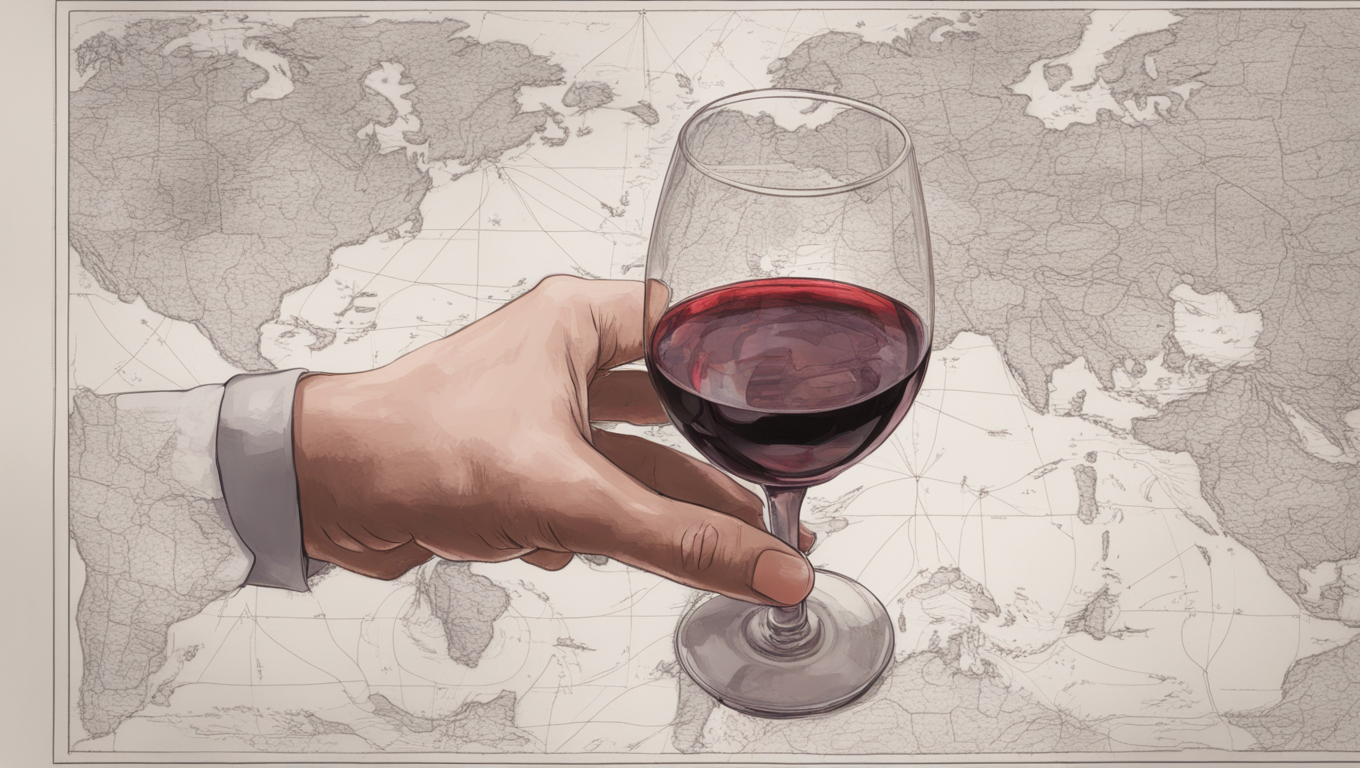Scientists have developed an algorithm that uses artificial intelligence to trace wines back to their origins, potentially helping to combat wine fraud. By utilizing machine learning and analyzing the chemical composition of wines, researchers were able to not only identify a specific vine-growing region but also the exact estate where the wine was made. The team trained the algorithm using gas chromatography to analyze 80 wines from different estates in the Bordeaux region of France over a 12-year period. This technique allowed them to identify unique chemical signatures for each wine. Professor Alexandre Pouget from the University of Geneva explained, “Each [chemical compound] is a symphony: there isn’t a single note that distinguishes them, it’s the whole melody.” The algorithm then plotted the results on a two-dimensional grid, with similar wines clustering together. Interestingly, these clusters correlated with the geographical locations of the estates, essentially mapping out the Bordeaux region. While the algorithm was able to accurately trace wines back to the correct estates with 99% accuracy, distinguishing vintages proved to be more challenging, achieving only 50% accuracy at best. Despite this limitation, the research highlights the potential for machine learning to aid in fraud investigations by confirming whether a wine matches its label. Wine fraud is a significant issue, with fake alcohol costing the European industry 3 billion euros in lost sales every year. Recent cases have exposed the extent of criminal networks involved in the industry. For example, a gang was convicted earlier this year for passing off Spanish table wine as French, involving nearly 5 million bottles. The algorithm developed by the scientists could also be used to monitor quality throughout the winemaking process and assist in blending wines to optimize quality. Professor Pouget mentioned, “Having tools like this would make it a lot cheaper to make great blends, which would benefit everybody.” The research showcases the power and potential of machine learning in various domains, including food and agriculture. As Professor David Jeffery from the University of Adelaide stated, “The power of machine learning for this kind of investigation is becoming more evident with each new application.” As technology continues to advance, it is likely that AI will play an increasingly prominent role in sectors such as winemaking, offering valuable insights and enhancing quality control measures.





Use the share button below if you liked it.